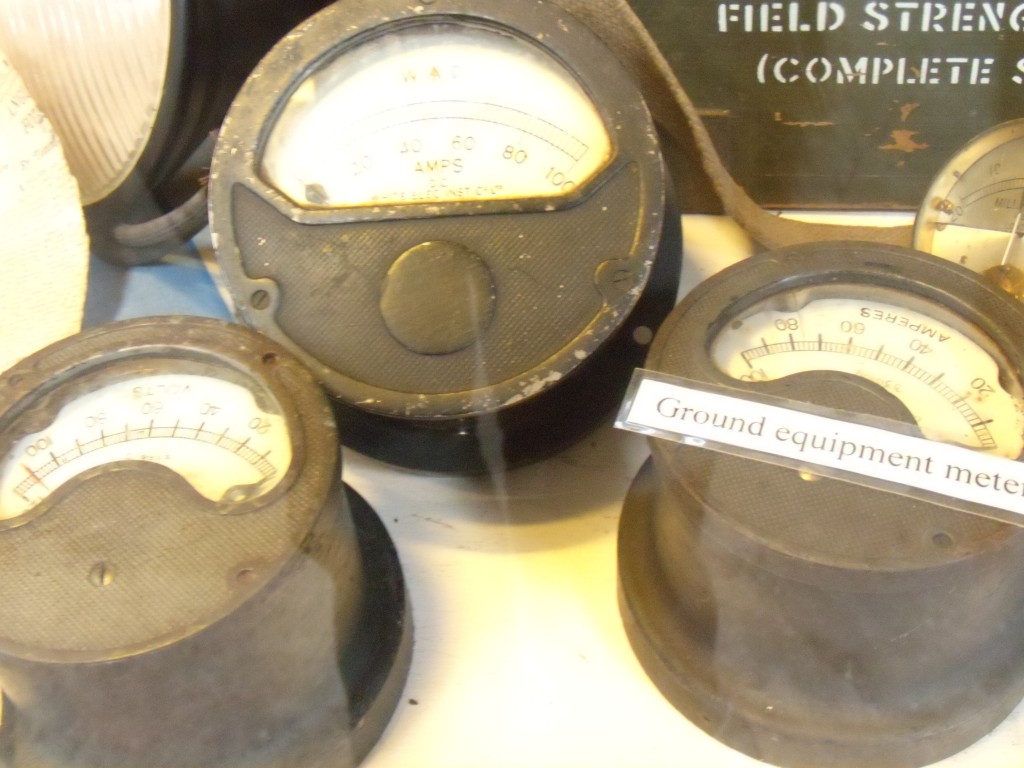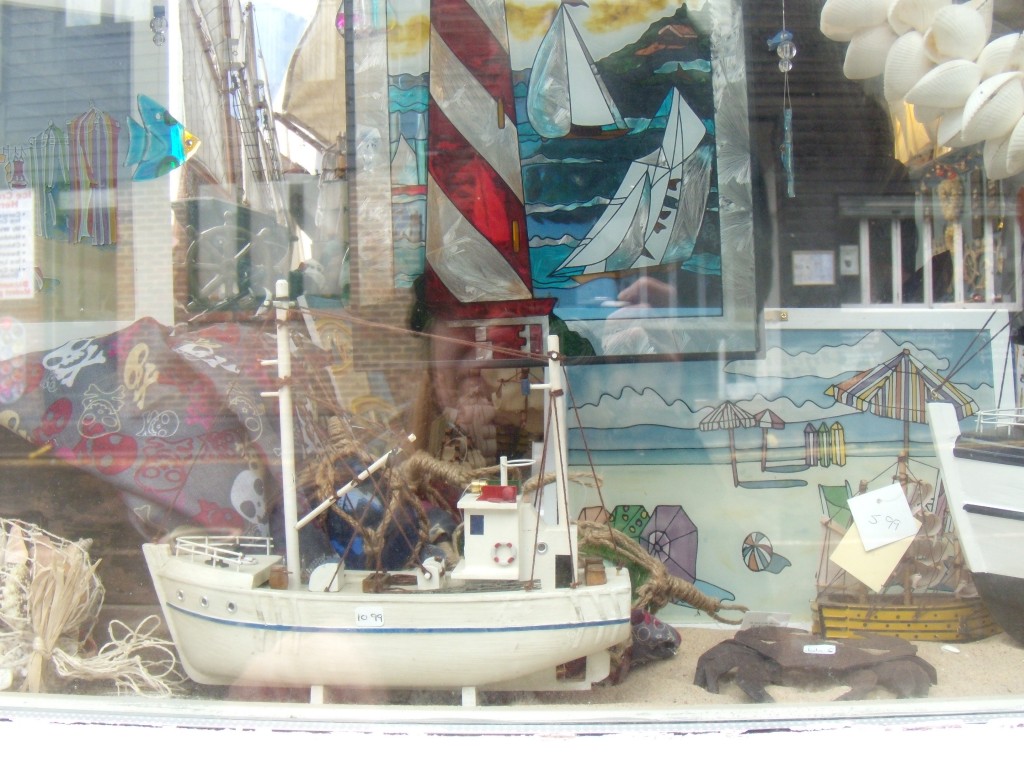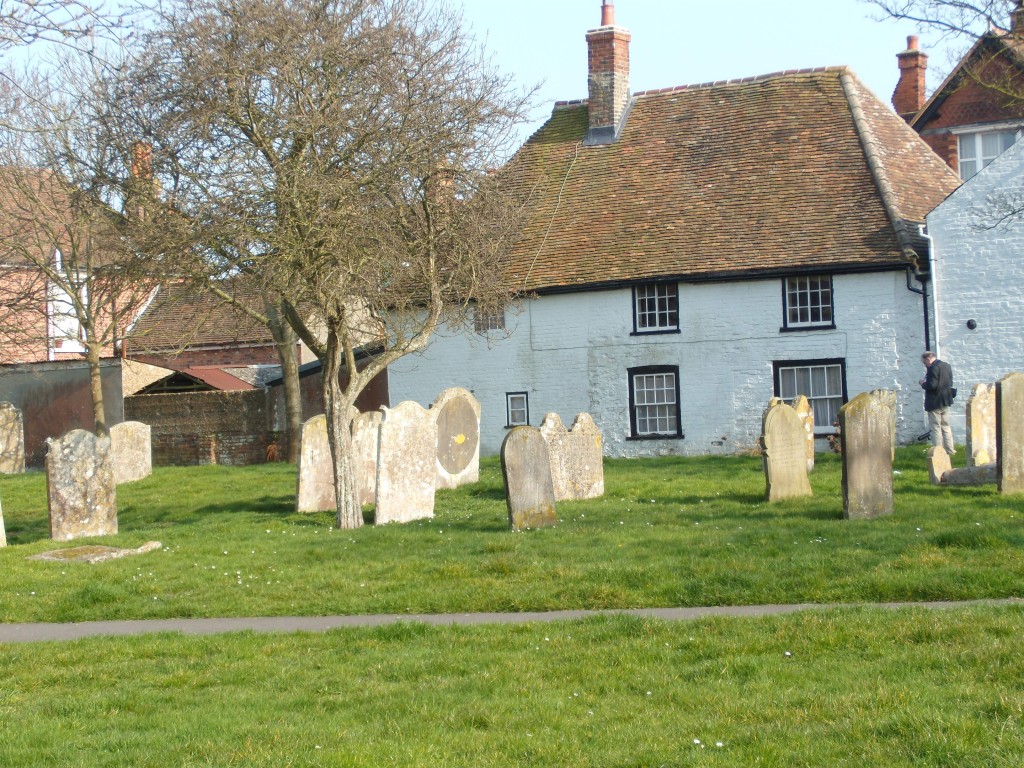Last night we attended the presentation of the 26th Arthur C. Clarke Award, which went to Jane Rogers for her novel The Testament of Jessie Lamb.
It was an enjoyable evening indeed. The happy sense of occasion that always accompanies the gathering of the genre clans, coupled with the anticipatory buzz attendant upon the impending resolution of a, shall we say, somewhat vexed question made it special. For me personally, what in my opinion was undeniably the ‘right result’ made it doubly so.
Jessie Lamb – like all the shortlisted titles – has divided opinion. While many readers admired the novel as much as I did, others felt the core premise insufficiently advanced. Some felt that Rogers’s choice of a first person narrator restricted the novel’s ability to tell its own story, while others simply were not convinced by Jessie’s voice. For me, whilst I’m willing to concede that in SFnal terms The Testament of Jessie Lamb did not break much new ground – that the book felt, in fact, a little old fashioned – given the emotional power of this novel, the technical excellence of its execution and most especially when measured against the other shortlistees it was not only a worthy winner, but a winner that sends out all the right signals, both to the world of SF and to the wider literary establishment. The Testament of Jessie Lamb is a book I felt a strong enthusiasm for while I was actually reading it and – more importantly – that I love and admire enough to keep in my personal canon, to feel certain of wanting to read it again in the future. This desire to reread is, for me, the true test of good writing.
For me, it was Rogers’s superb realisation of Jessie’s voice that impressed me most, the sense of passionate despair and helplessness experienced by so many young people at the state of the world they are born into, but that in Jessie’s case is heightened by the extremity and urgency of the situation. Jessie is both overwhelmed and empowered by her need to do something, to differentiate herself from those – and in particular from those adults – who are content to remain as onlookers, as bystanders, and it is in the portrayal of this dichotomy between being overwhelmed and empowered that the novel’s power lies.
I think it’s a beautiful book. Not just an imaginative use of science fictional ideas, but in its expert craftsmanship, its use of language and its creative expression a true work of literature.
It’s great to know that Jessie Lamb will soon be getting the wider distribution and exposure it deserves through a mass-market edition from Canongate. What is even better though is that Jane Rogers has already stated her intention to write more science fiction. When I spoke to her just after the award was announced, my first and eager question was: had the Clarke win inspired her to continue working in the area of speculative fiction? Her reply was an unqualified yes. ‘I see this as a great opportunity,’ she said. ‘I’m thrilled to have won the award and delighted by the reception the novel has been enjoying within the genre. The thing with science fiction is that it enables writers to explore the really big ideas. I’ve always been excited by that, and I want to do more.’
If the Clarke Award has achieved anything this year it is this. SF absolutely needs and absolutely should welcome writers like Jane Rogers. To see her work recognised by an award of this calibre, and to see Jane Rogers recognising the worth and significance of that award for her writing life – that’s what the Clarke should be about. While it is still true and shall remain true that the 2012 Clarke would have been all the more exciting and significant had the winner properly emerged from a shortlist that properly complemented her talent, this was still a great call and I salute the judges for it.
The other significant achievement of this year’s Clarke has of course been the level and quality of debate surrounding it. SF is not only a literature of ideas, it is a literature of personal passions, and to see those passions expressed with such forthrightness and eloquence can only be to the advantage and advancement of the genre. We have all benefited from this year’s Clarke conversation, most of all because it has shown that SF matters, and that it matters as literature. I am already looking forward to Clarke 2013, and if that makes me a greedy person then so be it.
I want to thank those excellent bloggers and critics who over these past few weeks have so generously and articulately offered their thoughts and insights into the shortlist, in particular Dan Hartland, Niall Harrison, Adam Roberts, David Hebblethwaite and the truly heroic Maureen Kincaid Speller – I have so totally loved every moment of their commentaries. Thanks also to Tom Hunter, whose marvellous stewardship of the award is to continue – he’s fantastic.
I’d like to end this post though with a short extract from The Testament of Jessie Lamb, one of my favourite passages from the novel and one, I hope, that highlights its poignancy and beauty. Congratulations to Jane Rogers, winner of the Arthur C. Clarke Award 2012.
‘I bet loads of it belonged to dead people,’ said Mary. I thought about the women who’d died from MDS and wondered if their husbands had given away their clothes. Imagine going through your wife’s wardrobe and just putting it all in binliners – the T-shirts, the jeans that you’d seen her wearing every day……. I wondered who had worn my dress, I wondered if she went dancing in it. I had the strangest feeling, almost as if the dress was a body. I’d put the dress on and in doing that I’d put on another body. A light, twirling, dancing body. And after me, someone else could wear the dress. And someone else. And they would all have a sense of that, the light, twirling, dancing body. But of course they would be themselves as well. I was thinking, if that much can be passed on just in a dress, how much of every living person lives on after they die? Feeds into everyone else, in different ways, through what they’ve said and done and made. All these dead clothes could come back to life as soon as we put them on. I thought, death is really no big deal. I could die and I wouldn’t mind at all.
(pp 90-92, The Testament of Jessie Lamb, Jane Rogers, Sandstone Press 2011.)









